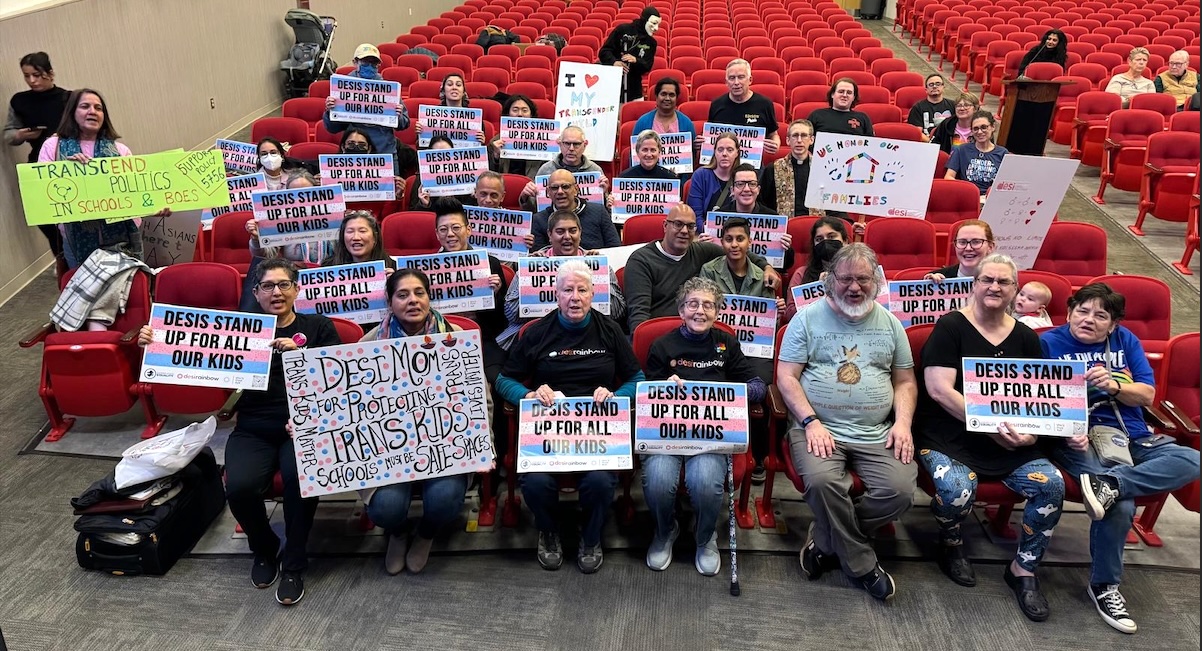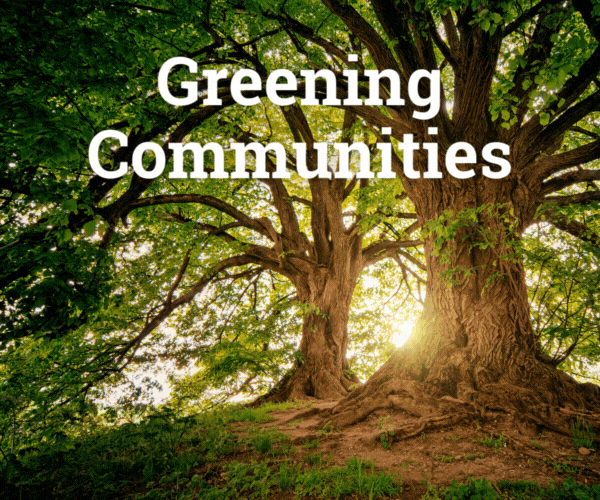By Kani Ilangovan | India Currents
Aruna Rao’s child came out as gay when he was in high school.
“It was a big blow to my system,” she recalls. “I thought of myself as fairly progressive and well informed, but I saw this as a way for him to be perpetually marginalized.”
As she looked for resources, Rao said she couldn’t find a safe space to explore and understand the issue as an immigrant with existing cultural preconceptions.
“It felt like there were people who were judging me, and it felt like an uncomfortable experience. I thought, I can’t be the only Desi parent; there must be other parents. Let’s start something,” she explained.
Rao established Desi Rainbow to build a desi diaspora community that values, affirms, and celebrates all LGBTQIA+ identities. She has founded SAMHAJ, a resource group that provides education, support, and advocacy for South Asians affected by mental illness.
“When it comes to deeply emotional things, immigrants need a resource that feels safe. It’s not about language access. It’s about the sense of safety and inclusion and people getting you without you having to explain yourself.”
Culturally Sensitive Support
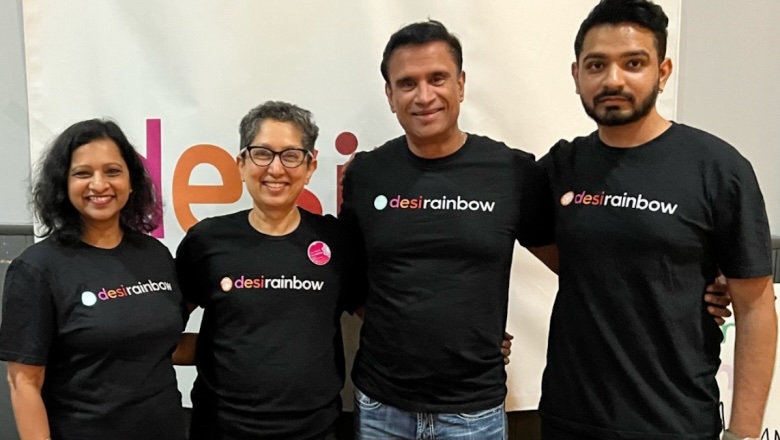
Today, Aruna Rao is a groundbreaking activist who works to provide affirming spaces for South Asian LGBTQIA+ individuals, their families, and allies to talk about issues related to gender identity and sexual orientation. “We all come from different circumstances and backgrounds, but we share the desire to find culturally sensitive support that will help our family stay whole and healthy.
Rao feels a lot of joy and gratitude over how Desi Rainbow has developed.
“You start something and then it takes a life of its own,” she said. “Our community has coalesced around this idea in a really big way. To see this community evolving in front of me is a real privilege.”
Rao points out that that much othering that happens to queer and trans people and families of queer and trans kids. “There is this sense that you must have done something or your child must have done something to become this way. Queer and trans people have the same aspirations, the same love, the same things they want for themselves and their loved ones which are just happy and fulfilled lives.”
She adds that to constantly treat queer trans community members as though they have done something wrong or as if they are wrong ‘a horrendous crime.’ “It’s treating them as if they are not worth the same as everyone else. Addressing this wrong is so important because this othering is the root of discrimination and bias in the world. This tremendous targeting and attempt to erase trans people from public life is the ultimate in othering.”
The Learning Curve
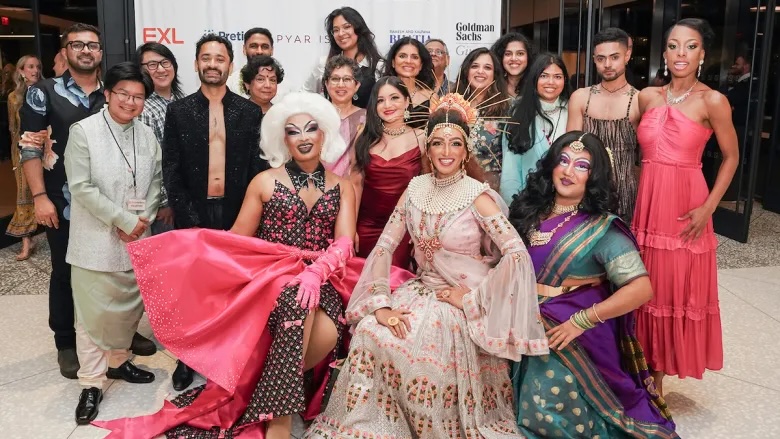
Rao has learned some crucial lessons from her advocacy, primarily that a child really needs a parent to be there for them in a nonjudgmental way. “
Your child does not need you to ask for something from them. You are just there for them as they are figuring things out. My child is my guide into LGBTQ life and issues, but it can make your child uncomfortable to be your resource. So it is helpful if you can make an effort to learn from resources and opportunities that are not necessarily directly linked to your child, because your child is not the only LGBTQ person in the world. There are plenty of people to learn from, and there are so many resources to educate yourself.”
As an activist, Rao observed she was bringing her preconceived notions of family unification into the equation. If a LGBTQ person was estranged from their family, she wanted to do everything possible to get them reconnected to their family.
“But I came to understand that is not helpful for everyone, particularly queer and trans people who put their lives on hold waiting for some family acceptance. Begging on the sidelines for this acceptance, which does not come and may never come. I came to realize that I need to tell them: Live your life regardless of what your family does or does not do, whether they accept you or do not accept you. Don’t put your life on hold for anything because your life is precious and you must continue to live it.”
She urges those who have the privilege to be out as LGBTQ people or parents of LGBTQ people without too many consequences, to do their share in terms of educating. Everything gets easier, says Rao, when other people join the movement.
“Young people come with a really huge need to build community. They are seeking that sense of cultural connection with someone who, if not their parent, someone who is similar to their parent, who is of that generation. To me, the most beautiful stories are when these connections happen in our community between cis/straight elders and young queer/trans people and seeing them build these chosen families.”
The Barricade Girl
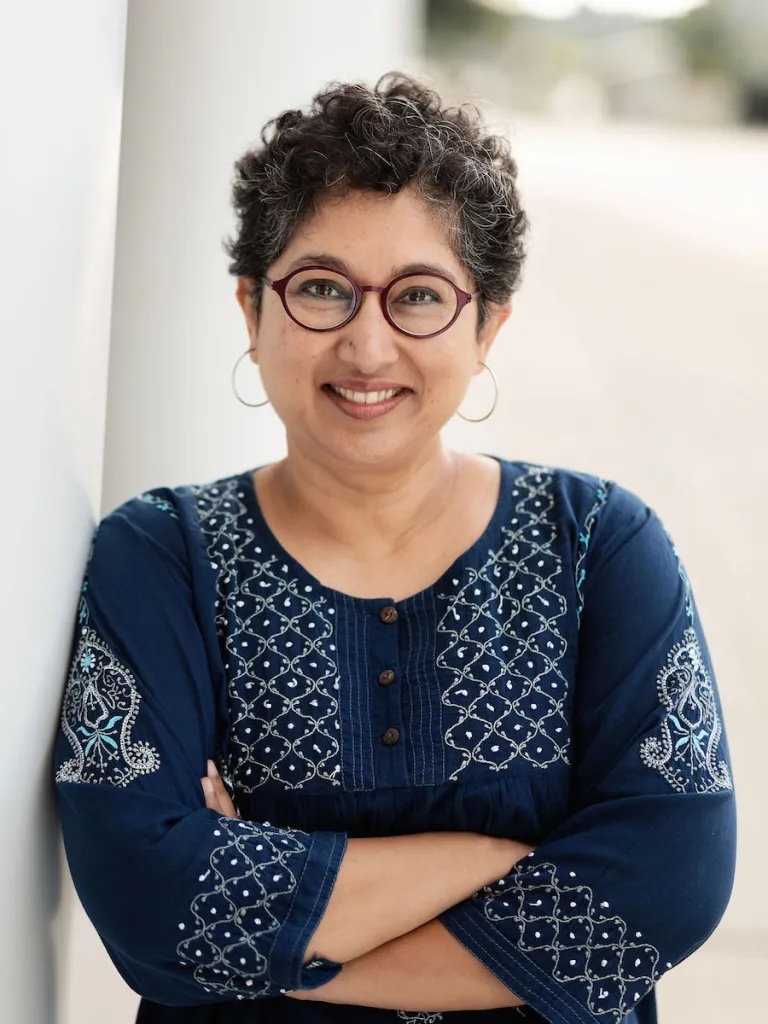
During the 2019 World Pride March in Manhattan, Rao marched alongside a few other parents, all holding up signs such as “Desi Parent Hugs” or “Desi Mom Hugs.” She recounts that a girl on the barricades along the route started yelling and screaming, “Look at me! I love you!” Rao’s fellow Desi Rainbow mom Aparna was so touched by the gesture that she ran over to the barricades and hugged the girl, saying, “I love you. You’re perfect as you are.”
“It was a very emotional moment for everyone,” remembers Rao.
In 2024, the queer and trans community organized an event called the Queer Diwali ball that included drag performances, entertainment, and a fundraiser for Desi Rainbow. At that event, the girl from the barricades, now a young woman, approached Rao and asked if she remembered her.
“She told me that moment was pivotal in her life. She had been so worried about coming out to her family and how she was ever going to live authentically, and she said that interaction with an aunty changed my life. So I connected her with Aparna. That is the power of allyship. It takes so little from us to create a safer, more loving space for young people, for people of all ages.”
Peer-to-Peer Support
In another anecdote, Rao described the friendship between an Indian trans woman in her 50s, who never could come out or live authentically, and who continued to live as a masculine person, being married to a cis woman, having a child, working, living like a male cis South Asian person her entire life.
The individual reached out through Saathi, Desi Rainbow’s peer-to-peer support program, to connect with someone who spoke her language and who could give her the space to be her real self.
“I connected her to someone, with whom she dresses how she wants to dress in a sari and just chats and feels so comfortable in her own skin, being seen and heard. Some part of her existence is better by providing this resource.”
Safety & Survival
The next four years are about safety and survival, particularly for trans people,” says Rao, adding that there is nothing new about gender diversity. “Every single culture has some gender diverse community that has been around forever. The way the government is presenting gender ideology as some contagion is wrong. There has always been gender diversity. I hope we can look at our histories, culture, and mythologies and say, look, there is evidence. No organization or government can say you don’t exist/try to erase you. Nobody can erase us or our children.”
Rao admits she feels burdened by what could happen to her community. “I’m hopeful we can make it through this dark night. We will definitely survive, but thriving is a question.”
As an immigrant who came with the imagination that America was a place with so many freedoms and opportunities available, I don’t want that to be a lie. I want to see this country live up to its promises of freedom, liberty, and justice for all.”
This story was originally published by India Currents.



